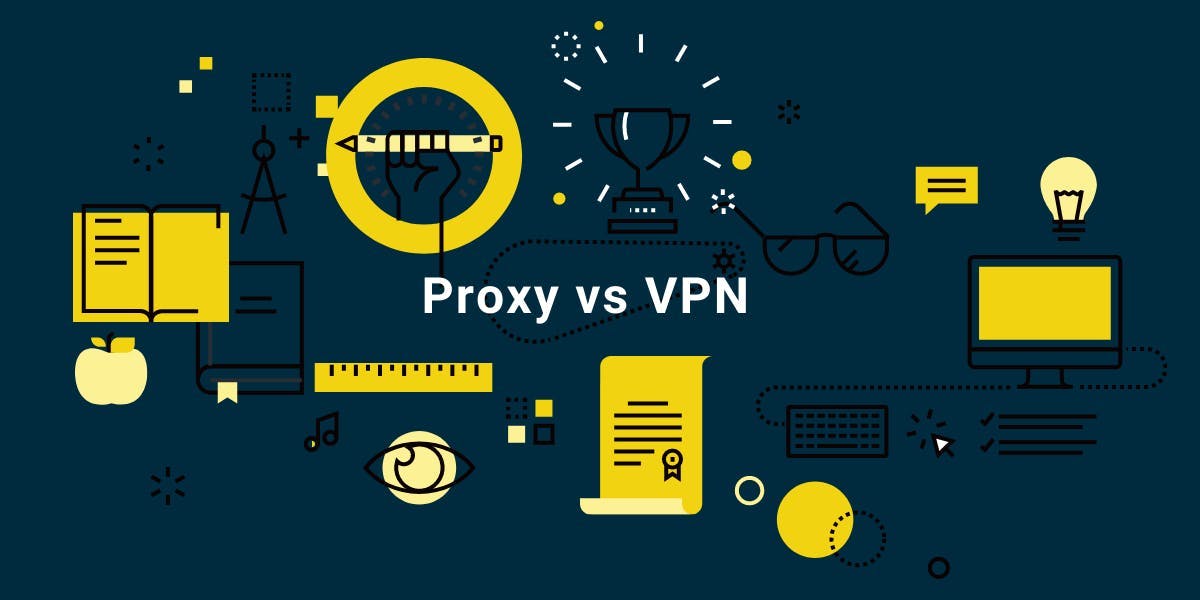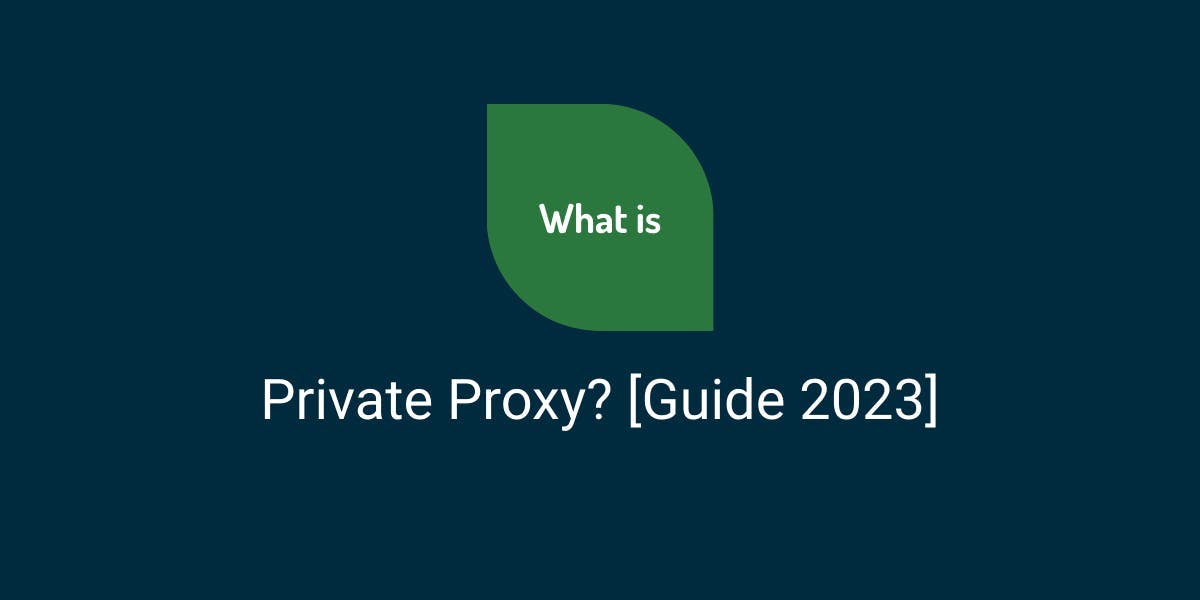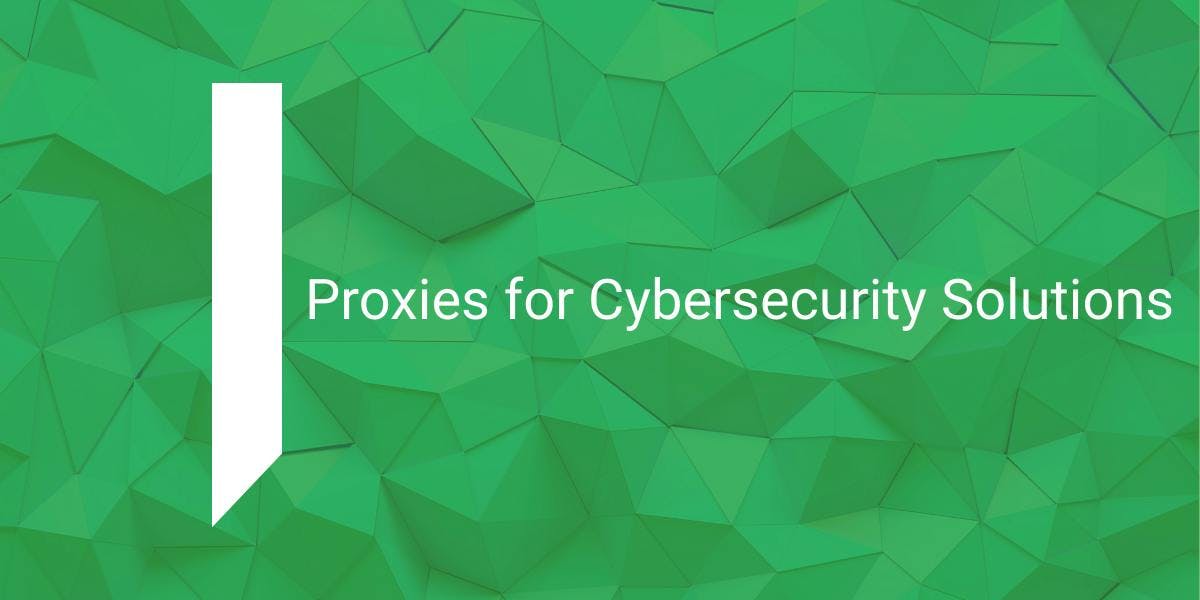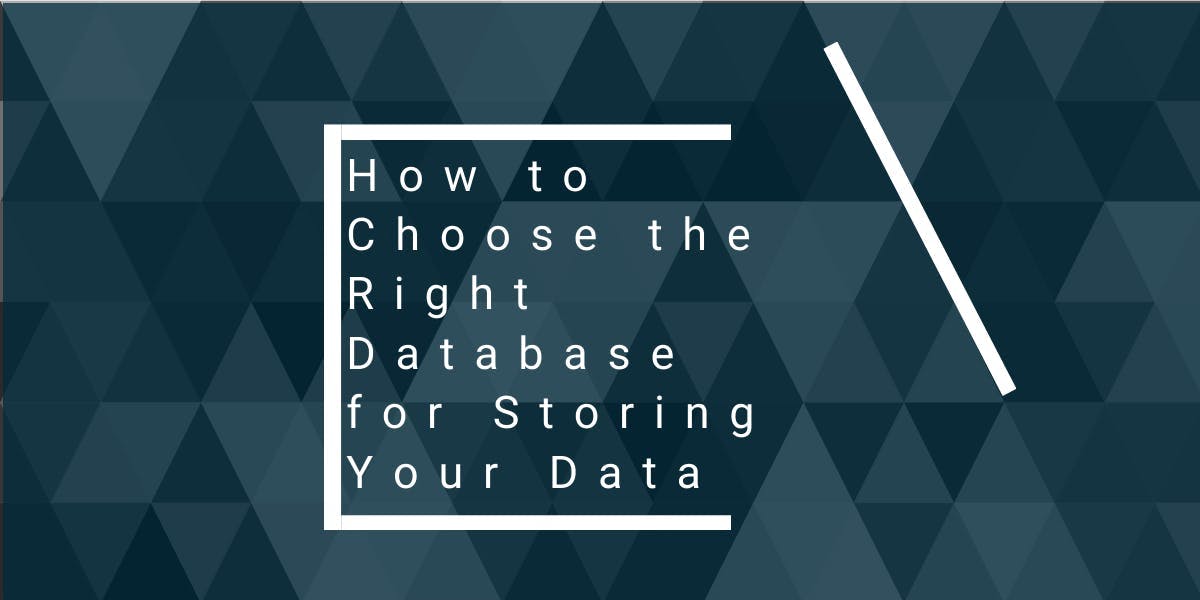Proxy vs VPN
Flipnode on Apr 25 2023

When privacy becomes a concern, two main tools individuals consider are proxies and VPNs. As online security concerns continue to grow, the internet community and businesses are becoming more aware and exploring ways to protect themselves and their brands.
However, confusion persists over which tool to use. Many search queries and discussions center around which is better: a proxy or a VPN?
While both proxies and VPNs have the shared purpose of enhancing privacy and security, they also have key differences. Understanding these differences is crucial in determining which to use and when. This article aims to define both terms, explore their similarities and differences, and establish when to choose one over the other.
Proxy and VPN explained
What is a proxy?
A proxy functions as a mediator between your device and the internet. It can be compared to a web filter that carries out internet requests for you. When visiting a website, only the proxy IP address is revealed, effectively hiding your real IP address.
What are the most common proxy types?
There are various types of proxy servers that can be classified based on their origin. The most common types are residential and datacenter proxies.
- Residential proxies are genuine IP addresses that are provided by an Internet Service Provider (ISP) to homeowners. They allow users to mimic organic user behavior and are particularly useful for web scraping. By using residential proxies, the likelihood of being blocked by targeted websites is reduced. Furthermore, using residential proxies guarantees higher levels of privacy as the real IP address is hidden.
- Datacenter proxies are not affiliated with an ISP and are instead provided by secondary corporations such as data centers. Compared to residential proxies, datacenter proxies are faster, but there is a higher chance of being blocked. However, datacenter proxies also provide a high level of anonymity.
In addition, proxy servers can also be classified based on their access type. There are three types of proxies in this case: shared, semi-dedicated, and private proxies.
- Shared proxy: These proxies are used by multiple users simultaneously. Shared proxies have a low performance level and carry potential risks as if one user is blocked, the others are likely to face the same consequences.
- Semi-dedicated proxy: This proxy is similar to shared proxies but is restricted to a specific number of users. As a result, semi-dedicated proxies offer significantly better performance.
- Private proxy: This type of proxy is exclusively used by one user at a time. Private proxies offer complete anonymity and high overall performance.
What is a VPN?
A Virtual Private Network (VPN) is a tool that encrypts and transfers data when users connect to the internet. It is commonly used to protect sensitive data and browse the internet anonymously.
What is VPN used for?
Using a VPN provides enhanced privacy while browsing the internet, unlocks geo-blocked content, and encrypts all internet communication from the user's device.
For businesses, a VPN is useful for securing employee devices while connected to other networks, such as public WIFI. However, it is not intended for web data gathering operations.
In summary, a VPN replaces the user's original IP address with a new one, increasing anonymity by hiding the real IP address. It allows access to geo-blocked content and, unlike a proxy server, encrypts all internet requests from the user's device.
Proxy and VPN: benefits and differences
As has been explained, there is often confusion between a proxy and a VPN due to their similar functions. This lack of understanding can leave users wondering whether a VPN is the same as a proxy. In order to avoid such questions, let us examine the differences between the two.
Integration
Although both VPNs and proxies have a similar purpose, they are designed for different goals. Proxies are primarily used by businesses, making their setup more complex. Proxies prioritize efficiency over aesthetics, so their user interface and design may not be as attractive.
In contrast, VPNs prioritize ease of use for individual users. They require only a few clicks to install and use, making them more accessible.
Benefits for the end user
When using a proxy, an internet user can enhance their privacy and security, especially if the proxy server is configured to encrypt internet requests. Additionally, a proxy can allow access to geo-blocked content by using a server tied to a specific location.
Similarly, a VPN can also improve security and allow access to geo-blocked content by disguising the user's IP address. However, there are key differences between a VPN and a proxy in terms of how they operate and benefit the user.
Unlike a proxy server, a VPN service installed on the user's device encrypts all outgoing internet traffic, not just the browser. It creates an encrypted tunnel for all internet communication between the user's device and remote network, making it nearly impossible for unwanted eyes to decipher the content of internet requests. However, this encryption can cause significant slowdowns since all traffic is routed through the server. On the other hand, VPNs are designed to be easy to use, with simple installation and setup.
Purpose
VPN services are primarily designed for individual users who want to ensure that their online activities are not only anonymous but also encrypted. In contrast, a proxy server can also provide anonymity but is typically used by individuals and organizations, particularly for web scraping operations. If you are interested in learning more about web scraping, our blog on scraping with Python provides a more in-depth discussion.
For businesses, using a proxy server is useful not only for protecting their brands but also for market research, real estate web scraping, and other purposes. One of the main challenges faced by businesses when collecting data is to avoid getting blocked by the target source. The use of a proxy can overcome this challenge.
Combining proxies with web scraping can make it appear as if multiple users are visiting a website, allowing for the successful extraction of large amounts of data without raising any suspicions with the web server.
In the proxy server vs VPN debate, there is no clear winner. Proxies are often more useful for traffic-intensive tasks and are therefore more beneficial for businesses, while VPNs are typically sufficient for individual users.
The bottom line
By this point, you should have a decent understanding of both proxy and VPN and be starting to grasp the purpose of each term. Both technologies change the IP address before accessing internet resources, enhance security levels, and allow access to geo-blocked content. However, the main difference between a proxy and a VPN is that the latter is heavily tailored to an individual, while proxies are an essential part of both online and offline businesses.
VPN services are primarily designed for individual users who want to mask their IP address and ensure their internet requests are encrypted. Conversely, a proxy or proxy server also provides anonymity by hiding the user's IP address, but it's most frequently used by individuals and organizations performing significant quantities of web scraping operations.



